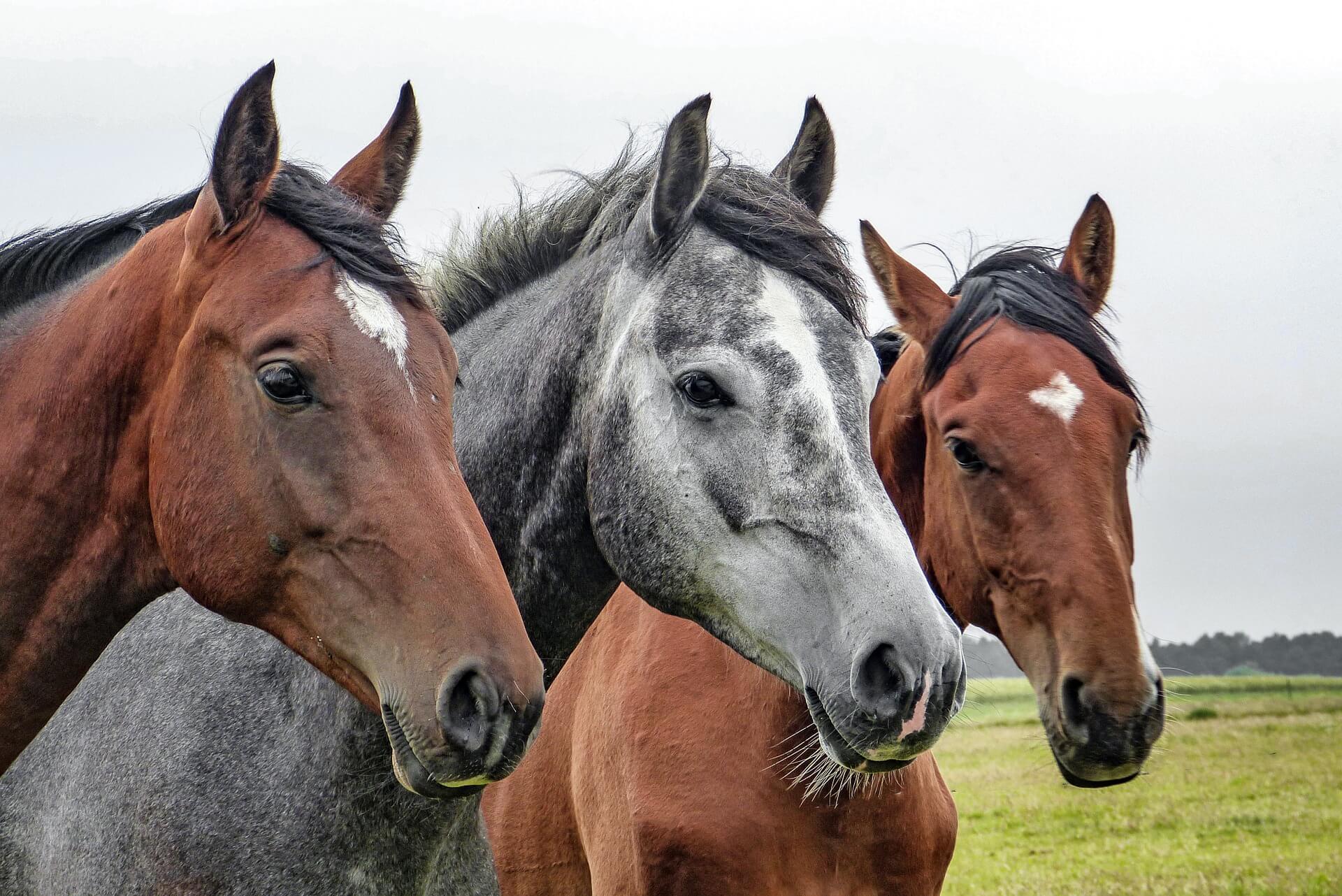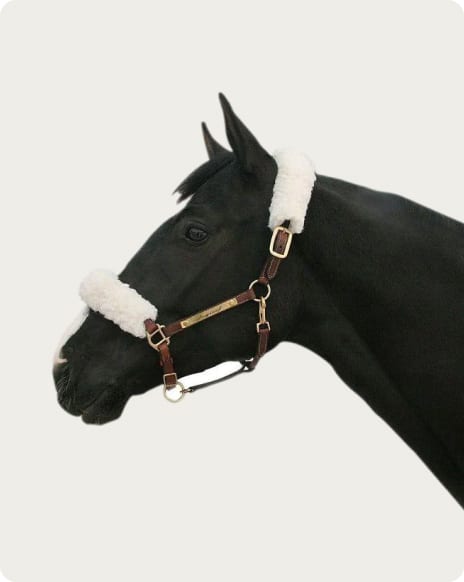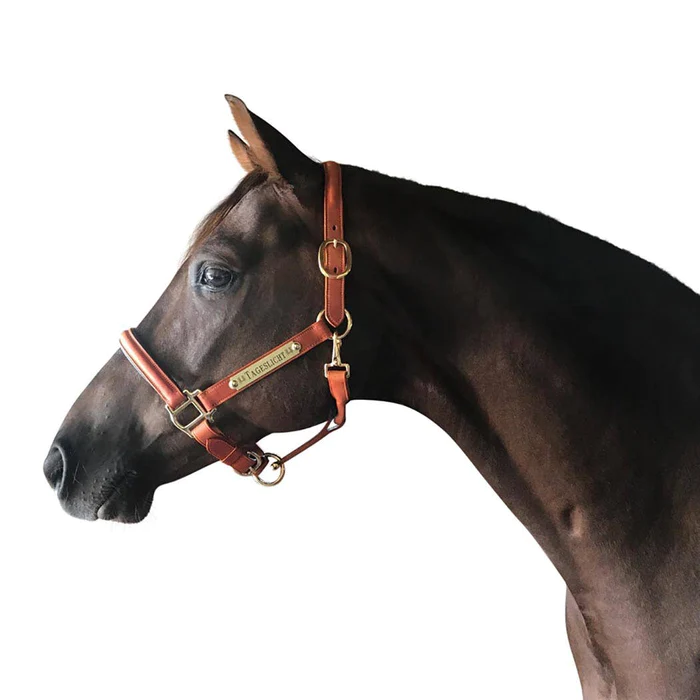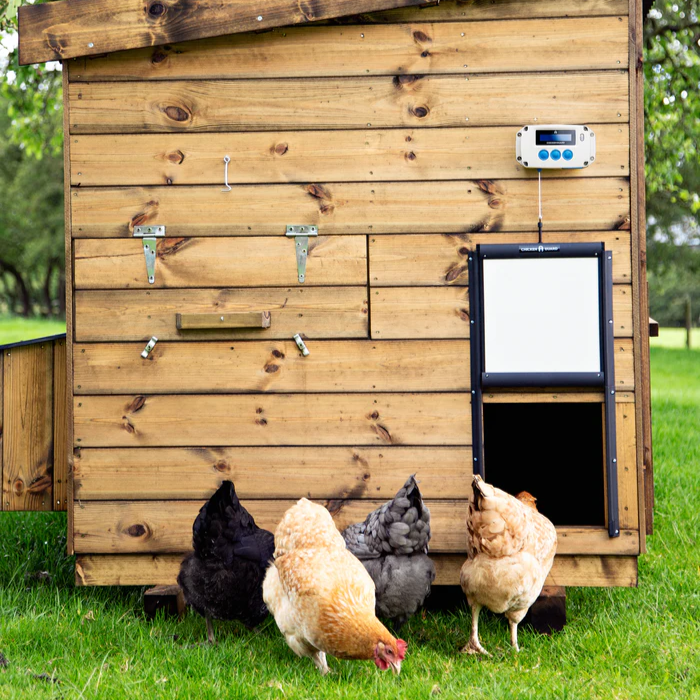
Are horses as smart as dogs, or dolphins? Do they recognise their owners? Can they learn words?
Horse lovers have long believed that their trusty steeds are the smartest animals in the world, but sceptics would be doubtful. After all, if they’re so clever, why do they keep on spooking at the same tree every day for a year?
Given our relationship with horses, the question of horse intelligence is an important one.
While we most often compare them to dogs when asking the question ‘are horses intelligent?’ This is, in fact, not a fair comparison. Dogs and cats are animals who have evolved to be predators and hunters. Horses are prey animals who have an ingrained flight response and will react to situations differently to a dog.
Recognise our Emotions
What is evident though, is that the facts all point towards one thing – horses owners are right in saying that their equine companions are pretty clever. In fact, research has shown that horses can recognise human emotions, much like a dog.
So those stories of horses being over cuddly when their owners are upset or refusing to come over to you when you’re grumpy aren’t just coincidence, after all. Even more amazing was that in this study, researchers found that horses could even perceive emotions just by looking at a photograph.
Can Talk to Us
On top of that, it is evident that horses can definitely learn and make associations. Some research took it even further and found that horses can even ‘talk’ to us. By learning to touch their muzzles to a sign for ‘rug’ and for ‘no rug’ 23 horses were taught to request whether or not they wore rugs.
The result? In cold or wet weather, they asked for one. In sunny weather, they told the humans that they were warm enough!
Learn via Conditioning
All of these show that horses learn via conditioning, and that through trial and error they can figure out the correct response to a question or situation.
For example, you can teach the ‘canter’ command on the lunge or use a ‘brrr’ to go down a gait. Even if you then don’t lunge the horse for a few months, it will probably still remember the correct response to your command when you try again – and retention of knowledge is one of the measures of intelligence.
Everyone who has interacted with horses will know that they can learn to respond to commands issued from both the voice and visual signals, such as vocal commands when lunging or a sign to back up in the stable.
They can also make associations – how many of us have known a horse who kicks the door or calls when he hears food going into a bucket? Or one who runs to the gate when he hears the tractor which always carries grass into the field?
Match Voices to Faces
And it turns out that your horse being pleased to see you isn’t just because of the carrot you always bring…though it probably helps. A recent study suggests that horses can indeed match voices to faces when presented with humans they know. In other words, your horse can tell you apart from other humans not just by your voice, but your face too.
They also learn to recognise your smell, according to numerous other sources. Spending time with your horse is the best way to make them recognise you.
Bonding takes time and you can speed up the process by riding, lunging, giving carrots and other treats, grooming the horse - showering or simply brushing its coat, mane and tail.



















